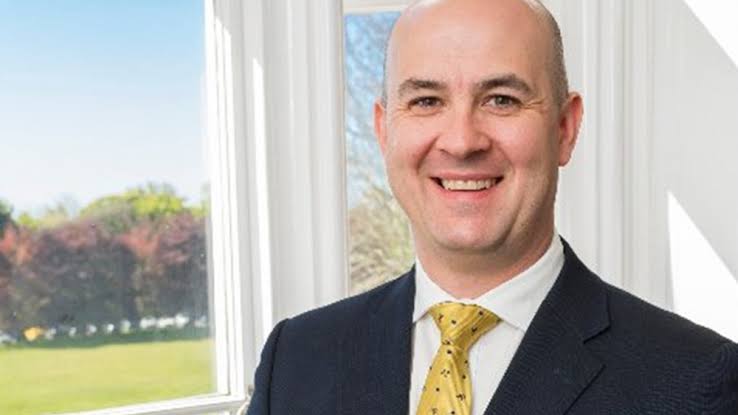The chief executive of the Gambling Commission has given evidence to a UK select committee inquiry into gambling regulation.
UK.- The Gambling Commission’s chief executive Andrew Rhodes has given evidence to the Department for Culture, Media and Sport Select Committee’s inquiry into gambling regulation. He said that the issue of affordability checks has dominated the responses that the regulator has received in its consultations following the publication of the UK government’s gambling white paper.
The Gambling Commission launched four consultations in July. These propose age verification requirements for land-based gambling venues, rules for online game design, measures on direct marketing and cross-selling and, most controversially, financial risk checks or affordability checks.
Rhodes told MPs: “We’ve had around 1,500 responses to the consultations thus far. Most of those, if not nearly all of them, are under the area of financial risk checks, which is the most challenging part of what we’re doing at the moment.”
The government has emphasised a desire for speed amid a review of gambling legislation that has already dragged on for almost three years, and stakeholders have expressed impatience at how long it took to publish the white paper and the amount of new consultations proposed therein. However, Rhodes said it was important to take time to consult properly.
He said: “In order for us to do our jobs correctly, the consultations have got be meaningful. We can’t simply have the illusion of consultation. If we did, we would leave ourselves open quite rightly to legal challenge.”
“We already know from some of the lobbying… most recently that there will be some very precise issues that people object to. It’s difficult for us to say exactly when everything will be implemented because we need to go through the consultation properly, but I’m pleased we got those out exactly when we said we would and we’re progressing through them.
“The really detailed responses will come normally at the end when all the different parties have had time to consider. They will want to submit evidence, they will want to submit research and we will need to see what they said”.
The Gambling Commission plans to open a new round of consultations in the winter.
Meanwhile, Rhodes also defended the Gambling Commission’s role as regulator. He said it had struck the right balance in order to ensure that the gambling industry is not “terrified” of the regulator but nor does it take enforcement action lightly.
He highlighted the regulator’s increased penalties against repeat offenders, noting the record fines issued in the last year, including a £17m settlement with Entain in August 2022 and a 19.2m fine against William Hill in March.
“The penalties we have put in place have caused the industry some real distress,” he insisted. “The industry has not done itself any favours in recent years with some of the cases that we’ve seen. And in all of the examples I’m talking about, the operators have accepted that there were breaches and failings and that the operators need to put it right.”
Rhodes also reiterated his opinion that licensed operators “overstated” the risk posed by unlicensed gambling in the UK. He said that he did think there was no risk, however, and noted that research had identified a trend for unlicensed gambling sites to target self-excluded customers using phrases such as “not on Gamstop”.
“That is where we have seen the growth,” he said. “It’s actually very difficult for illegal operators to get access to the UK market, because it is so competitive and the channelisation is so high


